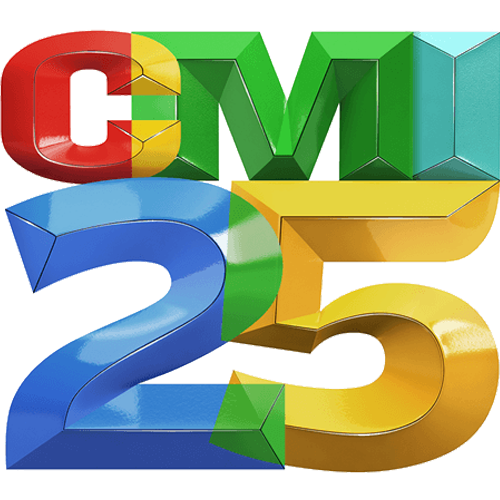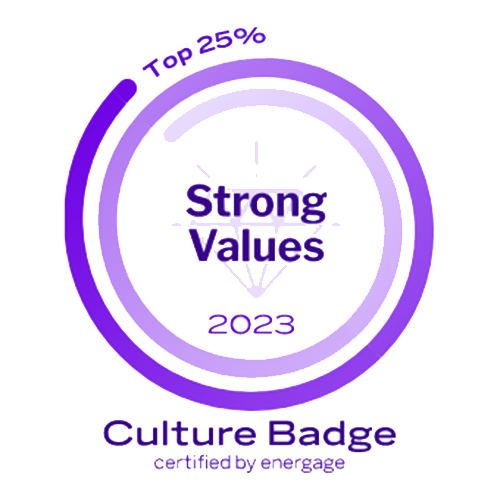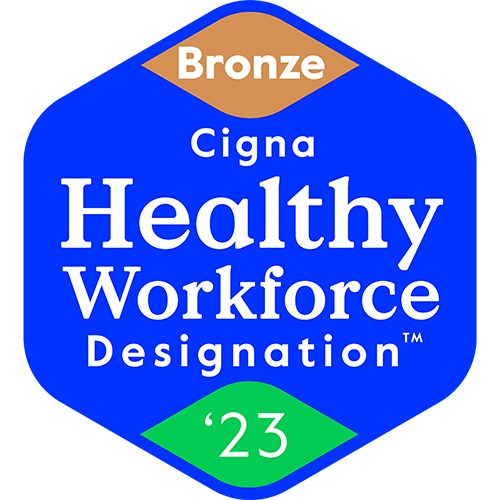There are a lot of people and pieces that go into planning an event. Engaged collaboration is essential to any successful experience. But sometimes getting the executives at the top to provide clear direction and approval to plan a corporate meeting can be challenging. That’s why creating an event framework is so crucial to honing in on your goals. When you provide a clear path from start to finish, you can work as a catalyst to fulfill your event vision.
We’ve broken down four common challenges planners face when striving for executive buy-in, and how an Event Strategy Framework can be the force you need to get clarity and a cohesive team behind you:
Challenge No. 1: Executives aren’t interested in an event until late in the planning cycle.
Too often, executives don’t know what they want until the event is clearly on the horizon. It’s a common theme when planning corporate events that by the time the event planners have everything they need to plan the event, they’re working in the weeds—leaving them exhausted by the end of it all.
By presenting a clear event strategy, you can help executives understand your vision as well as the many pieces that need to go into your event, helping to advance clarity from the top down. This helps key decision makers see the potential end result, allowing them to get a better grasp on what they want the event to accomplish and their ultimate goals.
Challenge No. 2: When executives aren’t aligned or offer competing direction for an event.
When you build an event framework, you have to take into consideration both external and internal factors and how that impacts you as a company, as well as how it will impact your event goals and planning. Whether your goal is to build culture within your company, establish trust in new leadership after an acquisition, implement new processes and company direction, or launch a new product or initiative, you are clearly showing what is priority, and through that you can direct the conversation to what’s most important while helping everyone align on common goals. An Event Strategy Framework will distill the objectives and priorities that matter the most.
Challenge No. 3: Executives are overly involved and event teams can feel disempowered.
Let’s be honest, no one likes a micromanager. But if you don’t show up with a plan, you might start to feel like executives are putting too many ideas on the table with no clear direction. Event planners have a voice—one that’s more front and center than ever before. As a result of the pandemic, event managers got a seat at the strategic table, taking on more roles and wearing new hats. Now they’re part technologist, marketer, project manager, and a specialized event planner.
To ensure your voice is heard, start by showing up with a strategic plan that’s succinct, clear, and thoughtful. Executives are often much better at responding to directional ideas than being put on the spot to generate them.
When presenting your plan, you’ll want to focus on: How the event will advance corporate purpose and objectives specific to the year.
Once you’ve presented your whole strategic plan, ask for feedback. You might say, “Are there areas of this plan that did not resonate or that we need to adjust to align with our collective goals?”
Then, make sure to be clear about your next steps and ask the executive if there’s anything they’d like to add or that they’d like you to emphasize.
By presenting a plan that has a clear hero’s journey, you’ll give your executives the knowledge and assurance they need to support you without getting overly involved, ultimately allowing you and your team to get to planning for a successful event.
Challenge No. 4: Executives have a history of changing direction and teams are hesitant with direction provided.
With a strategy in place, the higher-ups are less likely to change their minds on a key detail or location. Throughout the planning and development of your event, your event framework is your guide. It’s a resource to reinforce the overall goals of your event and what you’ll need to accomplish to get there.
To help event planners communicate with key decision makers, the team at Unbridled has created an Event Strategy Framework tool. Create your framework now by using our free event strategy template.











